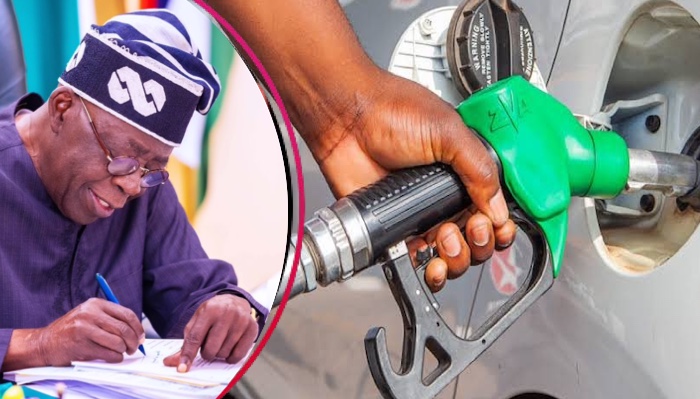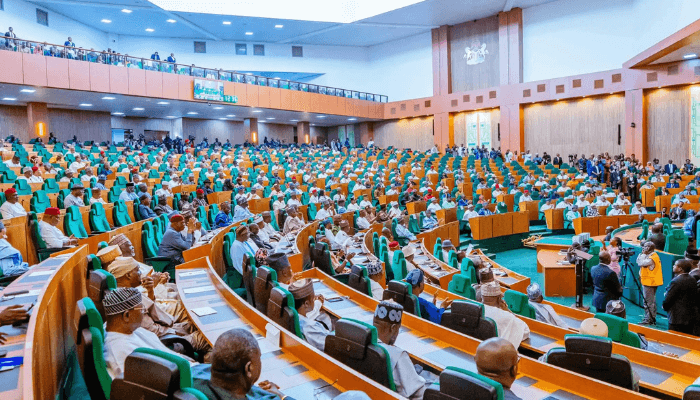CBN Directs Banks To Refund Failed ATM Transactions Within 48hrs
The Central Bank of Nigeria (CBN) has issued a directive compelling Deposit Money Banks and other financial institutions to refund customers within 48 hours for failed Automated Teller Machine (ATM) transactions.
The move forms part of a broad reform aimed at strengthening consumer protection and restoring public confidence in the nation’s banking system.
The directive is contained in a draft guideline released by the apex bank on Saturday, titled *“Exposure of the Draft Guidelines on the Operations of Automated Teller Machines in Nigeria.”* The document, signed by Musa I. Jimoh, Director of the Payments System Policy Department, was circulated to banks, payment service providers, card schemes, and independent ATM operators. Stakeholders are expected to submit feedback by October 31, 2025.
According to the draft, failed “on-us” transactions—those conducted on a customer’s own bank’s ATM—must be reversed immediately. If technical issues delay instant reversal, banks are required to process refunds manually within 24 hours. For “not-on-us” transactions—carried out on other banks’ ATMs—refunds must be completed within 48 hours.
“Customers must not be made to suffer for failed transactions resulting from system errors or network disruptions,” the CBN emphasized.
In a major policy shift, the apex bank also directed financial institutions and ATM acquirers to deploy systems that automatically reverse failed or partial transactions, eliminating the need for customers to lodge complaints. Funds trapped due to unsuccessful disbursements must be promptly reconciled and returned to customers.
The CBN noted that the new measures respond to widespread complaints over delayed reversals and poor customer service, adding that the reforms are designed to improve reliability, enhance consumer protection, and modernize Nigeria’s payment ecosystem in line with international standards.
The draft guideline also sets new operational benchmarks for ATM deployment. Banks and card issuers must provide at least one ATM per 5,000 active cards, with compliance targets of 30% by 2026, 60% by 2027, and 100% by 2028. Any deployment, relocation, or removal of ATMs will require prior CBN approval.
For safety and efficiency, all ATMs must be equipped with anti-skimming devices, CCTV cameras, and installed in secure, well-lit locations. Machines must also comply with Payment Card Industry Data Security Standards (PCI-DSS), maintain audit trails, and display active helpdesk contact details. Additionally, at least 2% of ATMs must feature tactile symbols to aid visually impaired users.
Other operational requirements include dispensing cash before card ejection, offering free PIN changes, issuing receipts for all transactions (except balance inquiries), displaying transparent transaction fees, dispensing only clean notes, and maintaining backup power to minimize downtime.
The guideline limits ATM downtime to a maximum of 72 consecutive hours, after which operators must inform the public of the reason and expected restoration time.
The CBN said it will monitor compliance through audits, on-site inspections, and monthly reports detailing ATM deployments and locations. Defaulting institutions will face sanctions, though the specific penalties were not disclosed.
According to the apex bank, the reforms were necessitated by increasing complaints of failed transactions, cyber fraud, and deteriorating service quality. “Our goal is to build a payment system that functions efficiently for all Nigerians—both in urban and rural communities,” it stated.
Nigeria’s electronic payment sector has expanded rapidly, boasting over 200 million cardholders and growing digital adoption. However, persistent network failures, poor infrastructure, and delayed reversals have continued to undermine user confidence—issues the CBN now seeks to decisively address.
10/11/2025, 8:26:51 PM
views 13039
8450







